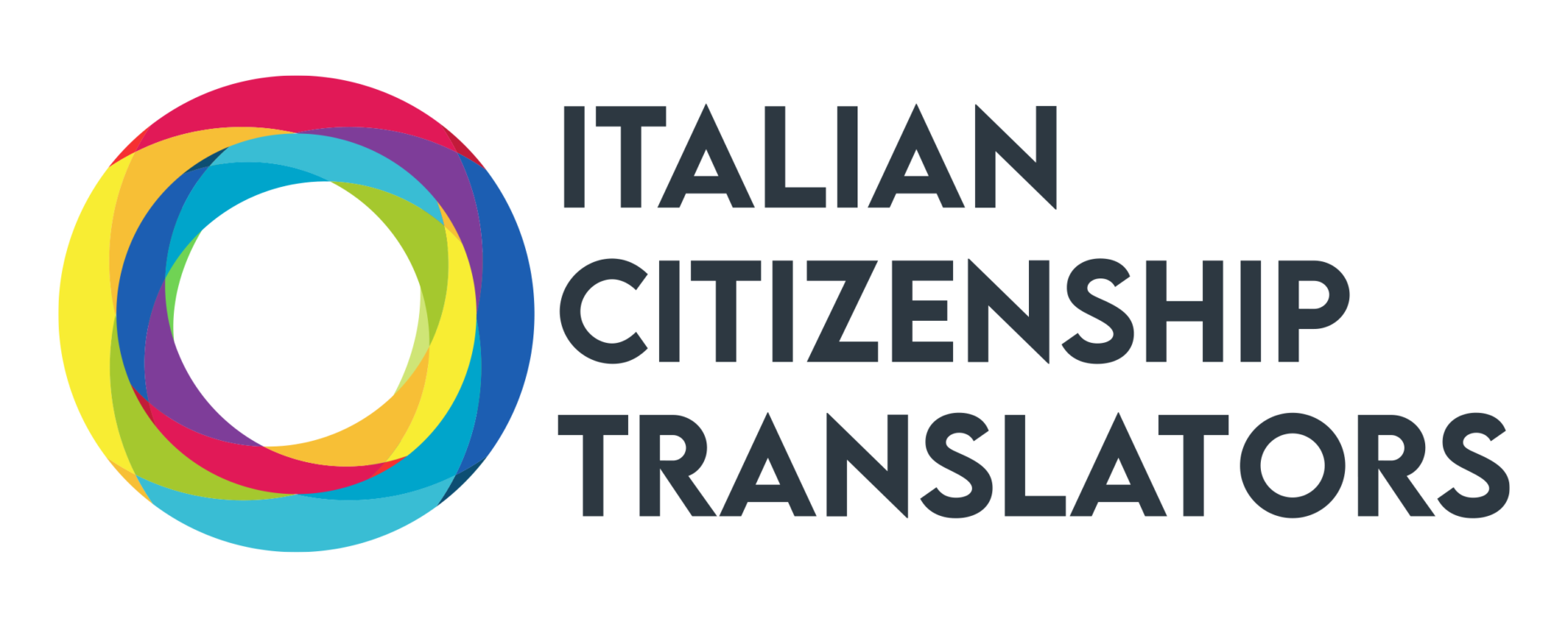
Passing Down Italian Citizenship to Adopted Children: Required Documents and Translations
If you have Italian ancestry and qualify for citizenship—or if you already have Italian citizenship—and you have adopted child(ren), you might be wondering if you can pass on citizenship to them. The short answer is yes, though the process to go about it differs depending on a few different circumstances. In this article, we outline what those are, and what documents and translations you will need to acquire.
What is jure sanguinis?
Italian citizenship by descent follows “jure sanguinis”, or “right of blood.” What makes Italy unique compared to most other countries is that there is no generational limit to when one can claim Italian citizenship. The most important thing to know is that the Italian-born ancestor must have been alive after March 17, 1861, when Italy became a unified nation.
Another important thing to note is that Italy did not allow dual citizenship until August 15, 1992. Before this date, gaining the citizenship of another country meant losing your Italian citizenship. Therefore, if you were born before this date, and your parent had lost Italian citizenship before your birth, then you are not eligible for Italian citizenship yourself.
Also note that any woman in the direct Italian line who had a child before January 1, 1948 was not able to pass on citizenship to her child, because this was the day Italy’s constitution went into effect. However, there has been a strong precedent for many years now of this rule being overturned in court cases.
Finally, an Italian ancestor who lost citizenship before July 1, 1912 through naturalization in another country subsequently lost Italian citizenship for his minor children who weren’t emancipated. However, those who fall under such cases can usually present a successful application to the Italian courts.
Is my adopted child eligible for Italian citizenship?
Children who are adopted by Italian citizens, including those eligible for Italian citizenship, can get Italian citizenship themselves. While the principle of citizenship by descent is jure sanguinis, or “right of blood”, this also extends to legal adoption.
In general, children who were adopted as minors can apply for citizenship themselves according to all the general rules of jure sanguinis citizenship. If the person was adopted as an adult (above 18), they can apply through a shortened naturalization process, after residing in Italy for 5 years. However, it is important that the adoption is recognized in Italy (see below).
What documents are needed?
The most important first step is to ensure that the adoption has been officially registered in Italy. In the case of minors, this must be through the Children’s Court (Tribunale dei Minori), which will ascertain that the adoption is in accordance with Italian law. In order to do this, you must present an Adoption Recognition Request Form, the original adoption court order with an Apostille and a sworn translation, the child’s birth certificates both pre- and post-adoption, and a fee to your local Italian consulate. Depending on the consulate, you might also need to provide proof of residency in the consular district, a marriage certificate, and proof of your own Italian citizenship. If you reside in Italy, you can do this process at the Children’s Court. It is important that once the court recognizes the adoption, it is transcribed in the Italian municipality in which the Italian parent is registered with A.I.R.E. (if living abroad), or in the Italian municipality in which you live.
In case of those adopted after the age of majority, the adoption can instead be transcribed directly at the Italian municipality, without needing to go through a court.
Once the adoption has been recognized by the Italian courts, you can then proceed with having citizenship recognized for your minor child. Along with your child’s adoption decree and birth certificate, you will need you and your spouse’s own birth certificates, certificate of Italian citizenship (if you weren’t Italian at birth), and your marriage certificate. You can apply directly for your child’s Italian passport, for which you will also need the consent of both parents.
What needs to be translated?
All documents that were not originally issued in Italian will need to be professionally translated and Apostilled. This includes adoption decrees; birth, marriage, and death certificates; and any other foreign-language documentation that might be requested (such as proof of residency, as mentioned above).
As we have said in previous articles, it is highly discouraged to do translations yourself, even if you are fluent in Italian. Translations must be very precise and often must be accompanied by certain certifications or legalizations done only in the name of a certified professional translator.
Exceptions
There are two important exceptions to be aware of regarding adoptions and Italian citizenship. Those who were adopted in Italy before June 5, 1967 are not eligible for citizenship by descent. Similarly, those adopted outside of Italy before April 27, 1983 are not eligible either.
Conclusion
In short, gaining Italian citizenship by descent for children who were adopted generally follows the same procedures and protocols as biological children, the only major difference being to ensure that the adoption decree is properly registered in Italy. Here at Italian Citizenship Translators, we are happy to help with any professional and/or legalized translations you may need. Do not hesitate to contact us at info@italiancitizenshiptranslators.com.
